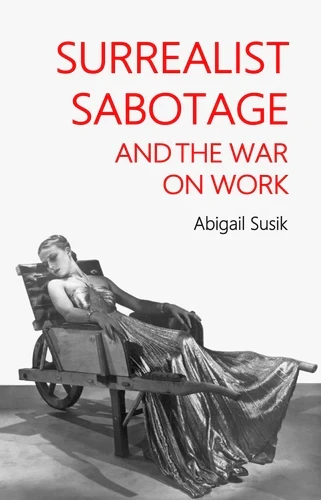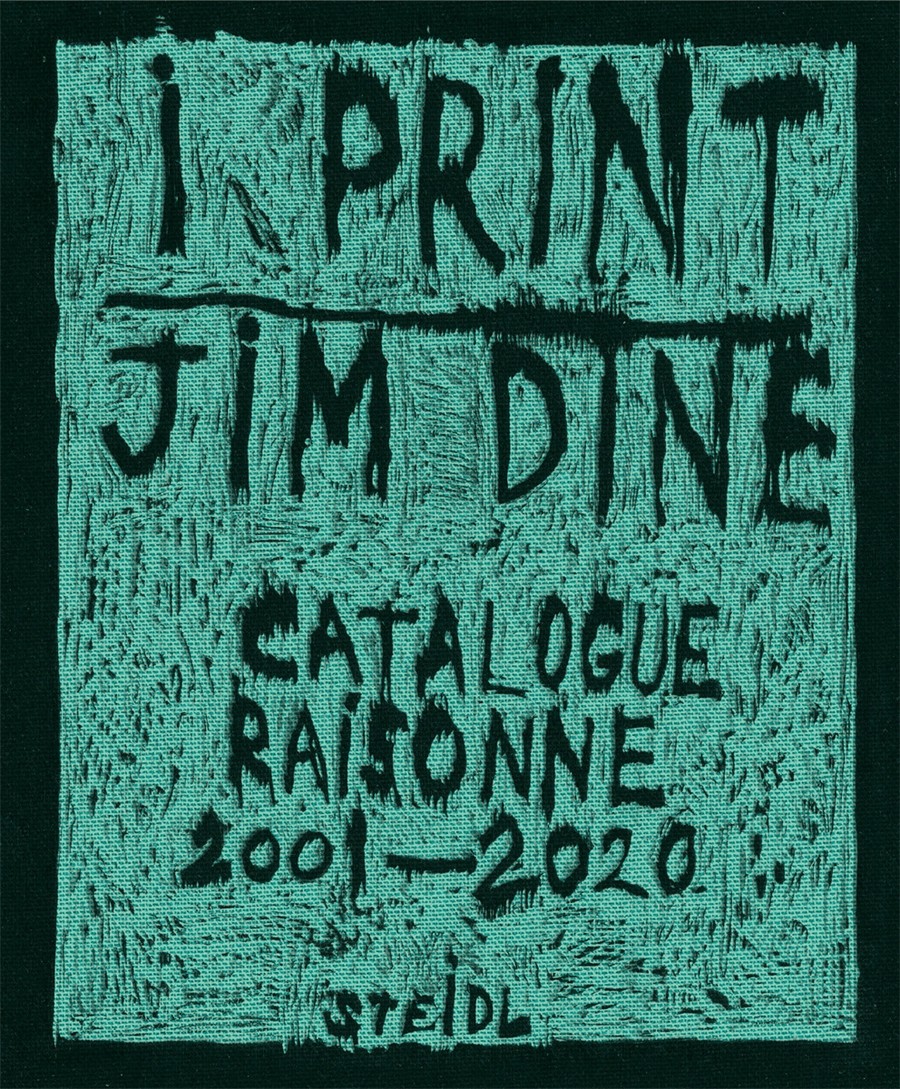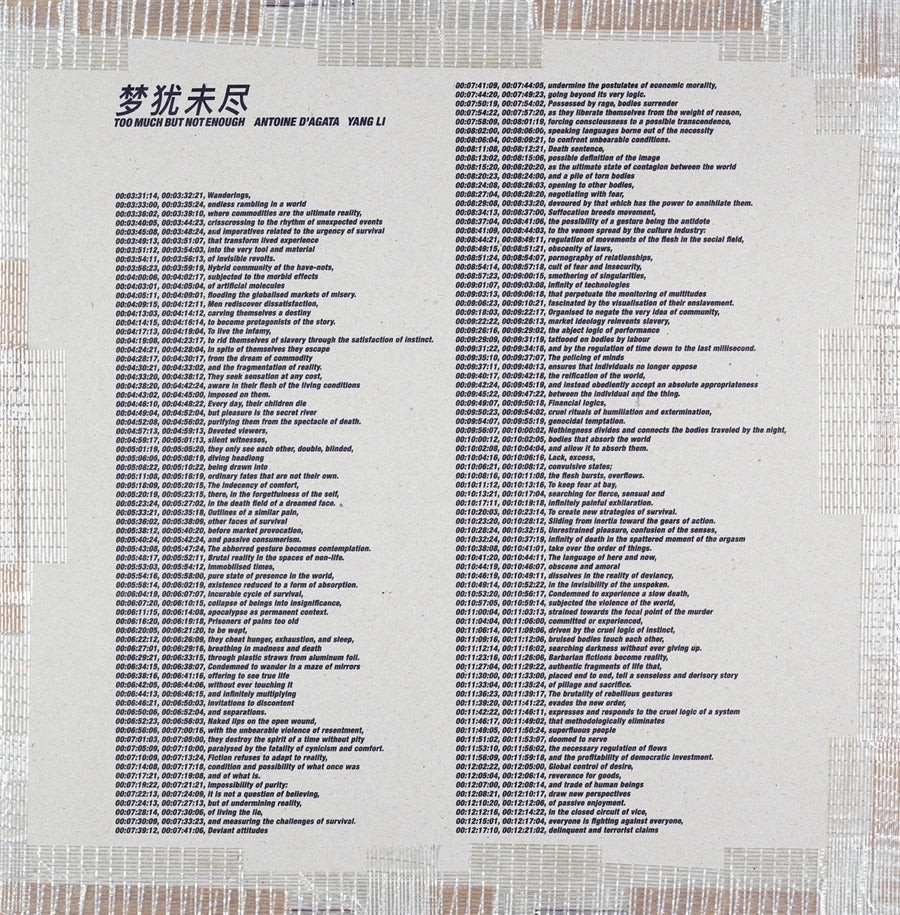
Surrealist sabotage and the war on work
Smartfox Books Code: PR13314
$249.00 NZD
Approx $149.73 USD
Approx $149.73 USD
Description:
At the turn of the twentieth century, the controversial resistance tactic of sabotage began to be widely applied and theorised by labour activists in Europe and the United States. In addition to the highly effective oppositional strategy of the strike, workers and union leaders deployed myriad sabotage techniques including the malicious compliance of work-to-rule, stealing time on the job, and voluntary unemployment.
In Surrealist sabotage and the war on work, art historian Abigail Susik uncovers the expansive parameters of the international surrealist movement’s ongoing engagement with an aesthetics of sabotage between the 1920s and the 1970s, demonstrating how surrealists unceasingly sought to transform the work of art into a form of unmanageable anti-work. In four case studies devoted to surrealism’s transatlantic war on work, Susik analyses how artworks and texts by Man Ray, André Breton, Simone Breton, André Thirion, Óscar Domínguez, Konrad Klapheck, and the Chicago surrealists, among others, were pivotally impacted by the intransigent surrealist concepts of principled work refusal, permanent strike, and autonomous pleasure.
Underscoring surrealism’s profound relevance for readers engaged in ongoing debates about gendered labour and the wage gap, endemic over-work and exploitation, and the vicissitudes of knowledge work and the gig economy, Surrealist sabotage and the war on work reveals that surrealism’s creative work refusal retains immense relevance in our wired world.
At the turn of the twentieth century, the controversial resistance tactic of sabotage began to be widely applied and theorised by labour activists in Europe and the United States. In addition to the highly effective oppositional strategy of the strike, workers and union leaders deployed myriad sabotage techniques including the malicious compliance of work-to-rule, stealing time on the job, and voluntary unemployment.
In Surrealist sabotage and the war on work, art historian Abigail Susik uncovers the expansive parameters of the international surrealist movement’s ongoing engagement with an aesthetics of sabotage between the 1920s and the 1970s, demonstrating how surrealists unceasingly sought to transform the work of art into a form of unmanageable anti-work. In four case studies devoted to surrealism’s transatlantic war on work, Susik analyses how artworks and texts by Man Ray, André Breton, Simone Breton, André Thirion, Óscar Domínguez, Konrad Klapheck, and the Chicago surrealists, among others, were pivotally impacted by the intransigent surrealist concepts of principled work refusal, permanent strike, and autonomous pleasure.
Underscoring surrealism’s profound relevance for readers engaged in ongoing debates about gendered labour and the wage gap, endemic over-work and exploitation, and the vicissitudes of knowledge work and the gig economy, Surrealist sabotage and the war on work reveals that surrealism’s creative work refusal retains immense relevance in our wired world.
The product may be provided by a different brand of comparable quality.
The actual product may vary slightly from the image shown.
Shop amazing plants at The Node – a top destination for plant lovers



.jpg)








.jpg)









.jpg)





.jpeg)





.jpeg)



.jpeg)








.jpeg)



.jpeg)

.jpeg)

.jpeg)

.jpeg)




.jpeg)
.jpg)

.jpeg)






.jpeg)
.jpeg)




.jpeg)





.jpeg)


.jpeg)

.jpeg)

.jpeg)

.jpeg)







.jpeg)
.jpeg)
.jpeg)





.jpeg)



.jpeg)






.jpg)
.jpeg)









.jpg)


ulva-Logo.jpg)




.jpeg)



.png)















.png)























